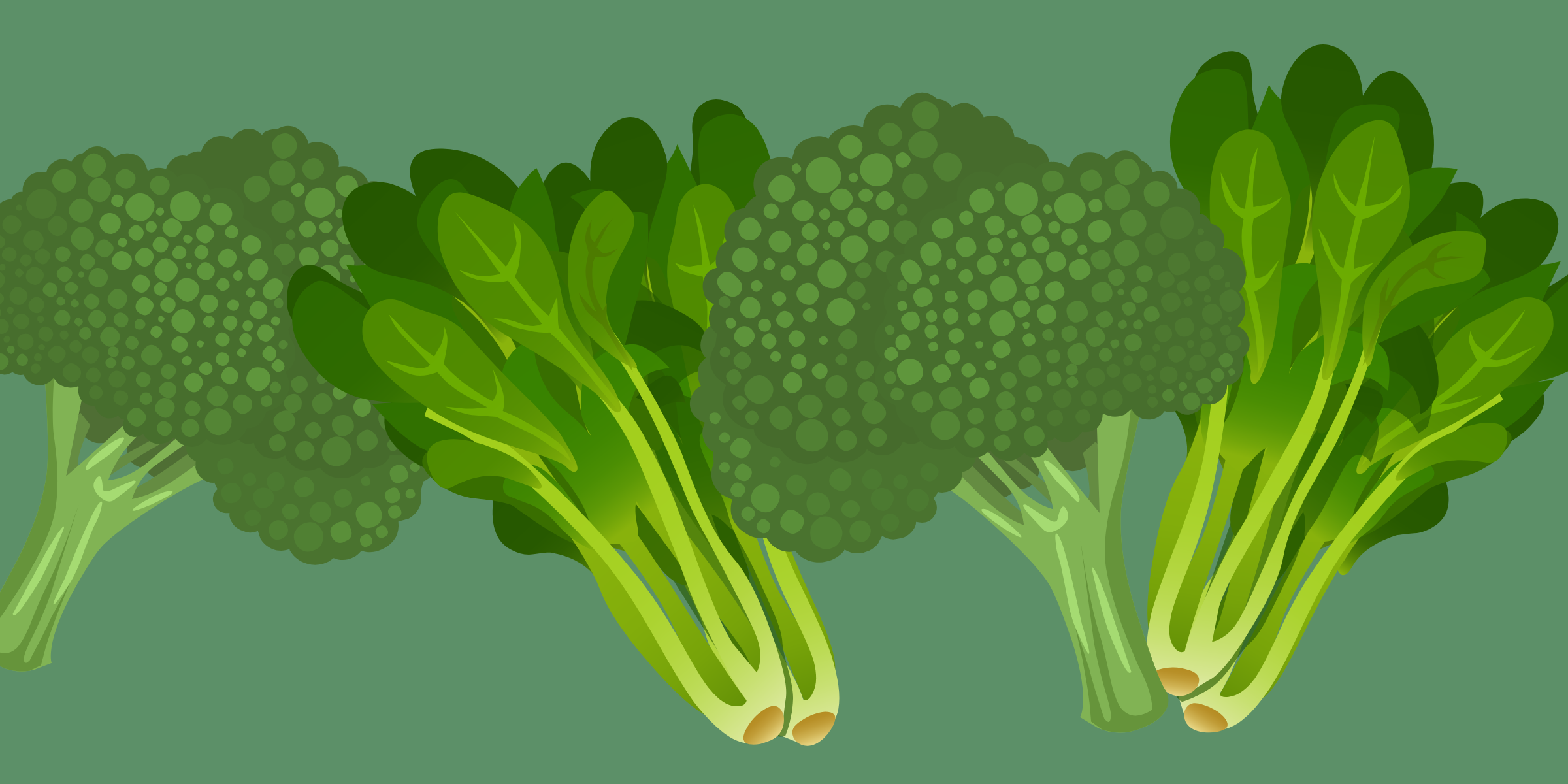

In our first blog post this month, we discussed the health condition Osteoporosis; symptoms, risk factors and how we can naturally optimise bone health through diet and lifestyle. This blog can be found HERE
With this post, we are focusing on the vitamins and minerals vital for bone health and prevention of Osteoporosis.
Vitamins and minerals play a crucial role in supporting bone health and can help prevent or manage osteoporosis, a condition characterised by weak and brittle bones. Here are some important nutrients and their roles in promoting bone health:
Calcium is the primary mineral responsible for bone strength and density. Adequate calcium intake throughout life is essential for building and maintaining healthy bones. Good sources of calcium include dairy products, green leafy vegetables (broccoli, kale, spinach), fortified plant-based milks, and calcium supplements if needed.
Vitamin D helps the body absorb calcium and maintain proper levels of calcium and phosphorus in the blood. Sun exposure triggers vitamin D synthesis in the skin, and it can also be obtained from fatty fish (e.g., salmon, mackerel), fortified dairy products, eggs, mushrooms, and vitamin D supplements.
Magnesium is involved in bone formation and plays a role in regulating calcium levels. Good sources of magnesium include nuts, seeds, whole grains, legumes, green leafy vegetables and dark chocolate.
Vitamin K is necessary for the production of proteins that regulate bone mineralisation. It helps ensure that calcium is properly deposited in bones and not in soft tissues. Green leafy vegetables (e.g., spinach, kale), broccoli, and fermented foods are good sources of vitamin K.
Phosphorus works together with calcium to build strong bones and teeth. It is found in a wide range of foods, including dairy products, meat, fish, poultry, legumes, and whole grains.
Vitamin C is important for collagen synthesis, a protein that provides structure to bones, tendons, and ligaments. Good sources of vitamin C include citrus fruits, berries, kiwi, bell peppers, and leafy greens.
Vitamin B12 plays a role in bone health by supporting the production of osteoblasts, cells responsible for bone formation. It is mainly found in animal-based foods like meat, fish, eggs, and dairy products. Vegans may need to supplement with vitamin B12.
Alongside the nutrients above, there are other essential vitamins and minerals which also play an important role in bone health such as manganese, copper, boron, iron, zinc and vitamin A.
It’s important to note that maintaining a balanced diet which includes a variety of nutrient-rich foods is the best way to obtain these vitamins and minerals. However, if you have specific concerns about bone health or osteoporosis, it is recommended to consult with a healthcare professional who can provide personalised guidance and recommend appropriate supplementation.
Specific “bone health” supplements:
Palacios C (2006) ‘The role of nutrients in bone health, from A to Z’ Review Crit Rev Food Sci Nutr. 2006;46(8):621-8. doi: 10.1080/10408390500466174. Available at https://pubmed.ncbi.nlm.nih.gov/17092827/
Price T C, Langford R J, and Liporace A F (2012) Essential Nutrients for Bone Health and a Review of their Availability in the Average North American Diet Open Orthop J. 2012; 6: 143–149. Published online 2012 Apr 5. doi: 10.2174/1874325001206010143 Available at https://www.ncbi.nlm.nih.gov/pmc/articles/PMC3330619/
Bonjour J, Guéguen L, Palacios C, Shearer J M, Weaver M C (2009) ‘Minerals and vitamins in bone health: the potential value of dietary enhancement’ Review Br J Nutr. 2009 Jun;101(11):1581-96. doi: 10.1017/S0007114509311721. Epub 2009 Apr 1. Available at https://pubmed.ncbi.nlm.nih.gov/19335926/






Accepting payments via


YourHealthBasket © 2025
detoxpeople Ltd
Registered in England & Wales 07156741
VAT reg GB 103 3641 60
Our new practitioner portal has been released and it’s now easier than ever to link a client’s account and provide them with suggestions using our new protocol system.
Convert your current cart into a protocol which can then be assigned to a linked client.